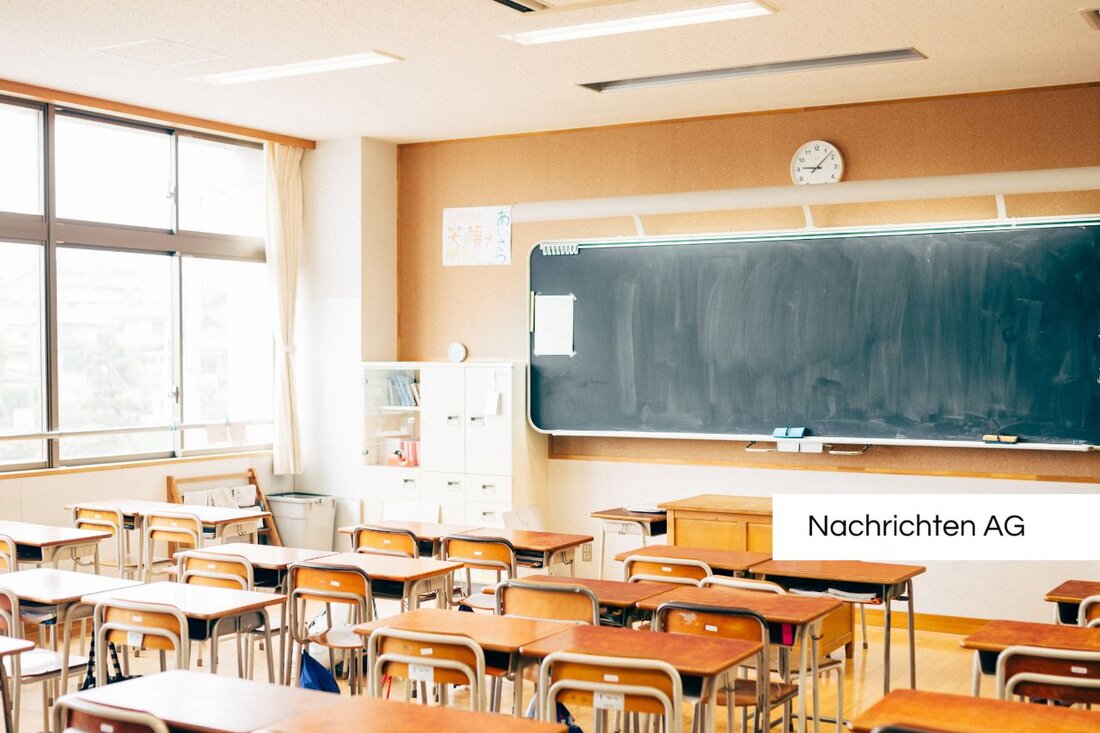Education revolution in Germany: 35 million euros for better opportunities!
Find out more about educational research at the UNI Erlangen-Nuremberg and its influence on educational design in Germany.

Education revolution in Germany: 35 million euros for better opportunities!
On March 9, 2025, students from the region impressed with their innovative projects as part of “Jugend forscht”, one of the best-known youth competitions for natural sciences and technology in Germany. The competition offers young talents a platform to present their creative ideas and research. The event took place in the city, where numerous young researchers presented their results to a broad public.
The projects included outstanding work that addressed both technical and social issues. Many students took up the challenge of scientifically analyzing complex problems from their everyday lives and developing creative solutions. This made it clear how important it is to take your first steps into the world of research at school.
Diverse subject areas
The topics of the projects were as diverse as the participants themselves. Tests of materials, environmental protection initiatives and digital applications were examined by the young scientists. This diversity not only shows the creative potential that lies in young people, but also underlines the importance of MINT subjects (mathematics, computer science, natural sciences and technology) for the future of our education system.
“Jugend forscht” is in the context of comprehensive educational research that has been carried out for years by Federal Ministry of Education and Research (BMBF) is promoted. Since 2007, the BMBF has been supporting empirical educational research with a framework program, which, according to current figures, is funded with around 35 million euros annually. The aim is to create the conditions for good education for everyone and to promote the personal, cultural and professional development of students.
A central aspect of the framework program is the collaboration between research institutions and educational practitioners. These collaborations are crucial in order to implement empirically proven findings in educational reality. With over 718 funded projects, including 231 joint projects, it is clear how intensively work is being done to improve the German education system.
The influence of “Jugend forscht”
In this context, the “Jugend forscht” event not only shows the commitment of young people in science, but also the need to promote young talents at an early stage and to provide them with appropriate resources. The competition has developed into an important platform that enables students to develop their ideas and bring them to the big stage.
The success of the participants and the exchange with experts can contribute to strengthening the students' key and future competencies in the long term. Current challenges such as digital change and social diversity require innovative approaches, which are promoted by these types of competitions.
The organization “Jugend forscht” is an essential part of this process and will continue to help students in Germany develop their talents in the future. This not only promotes individual potential, but also strengthens social cohesion through education.

 Suche
Suche
 Mein Konto
Mein Konto